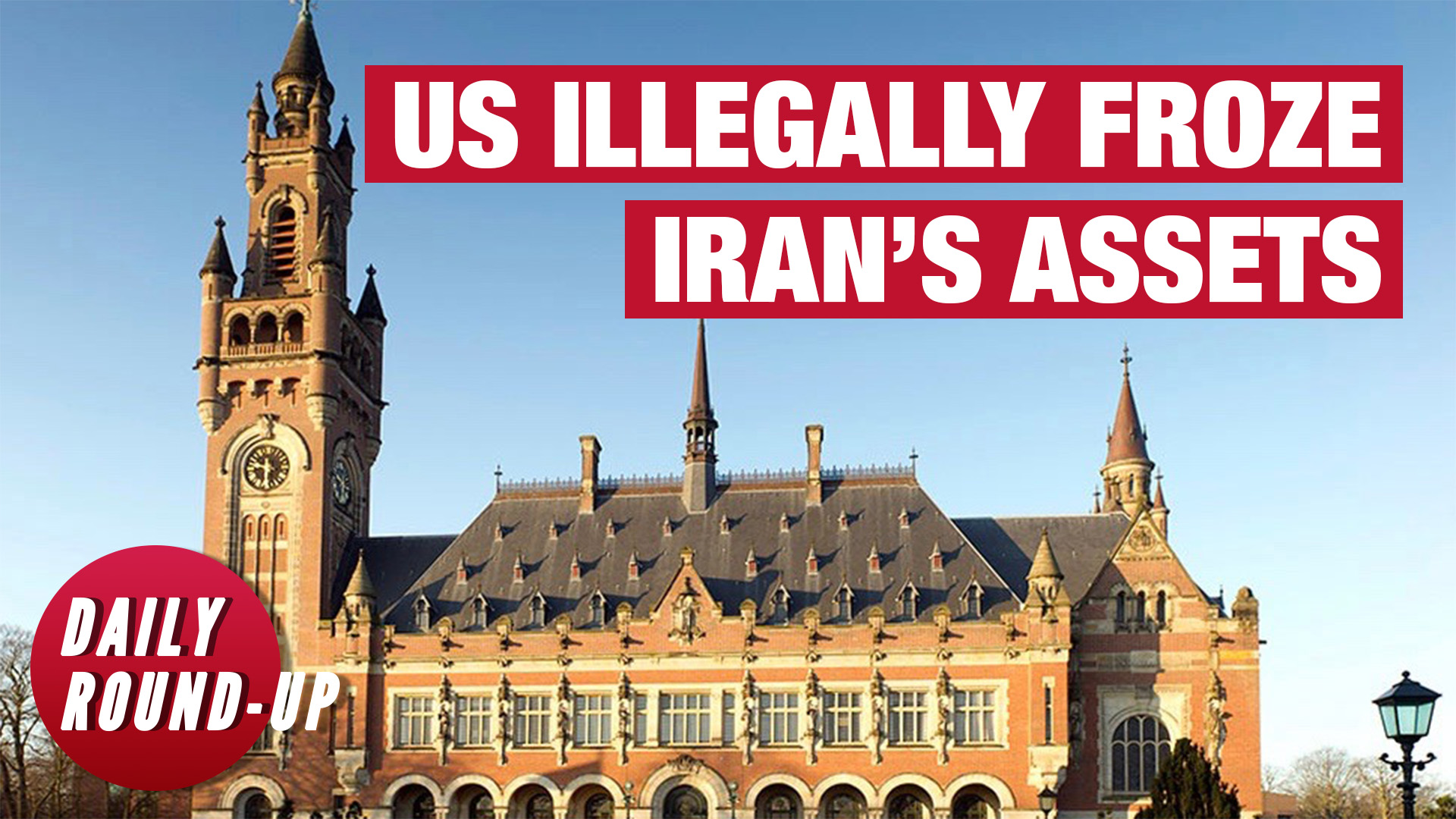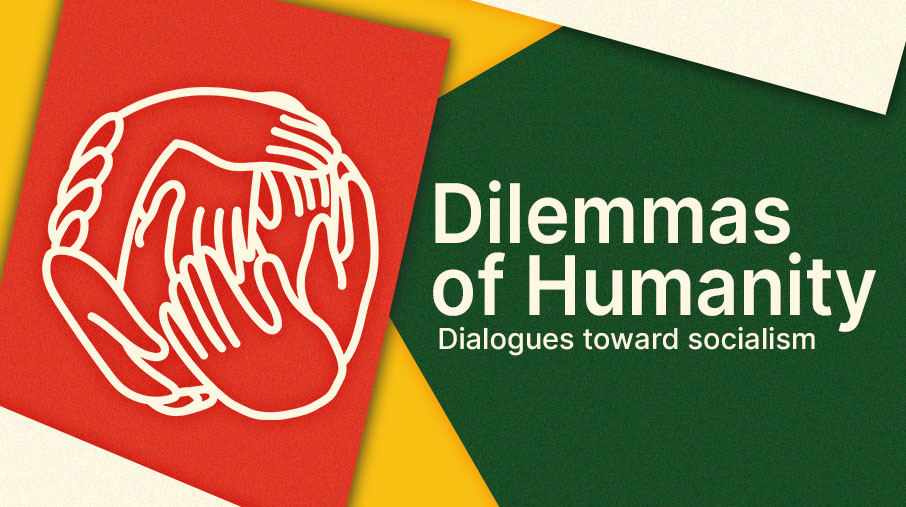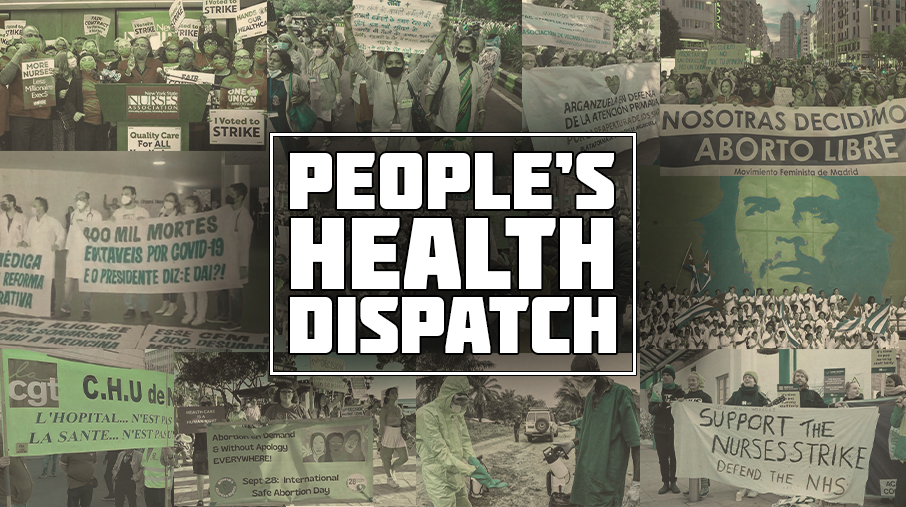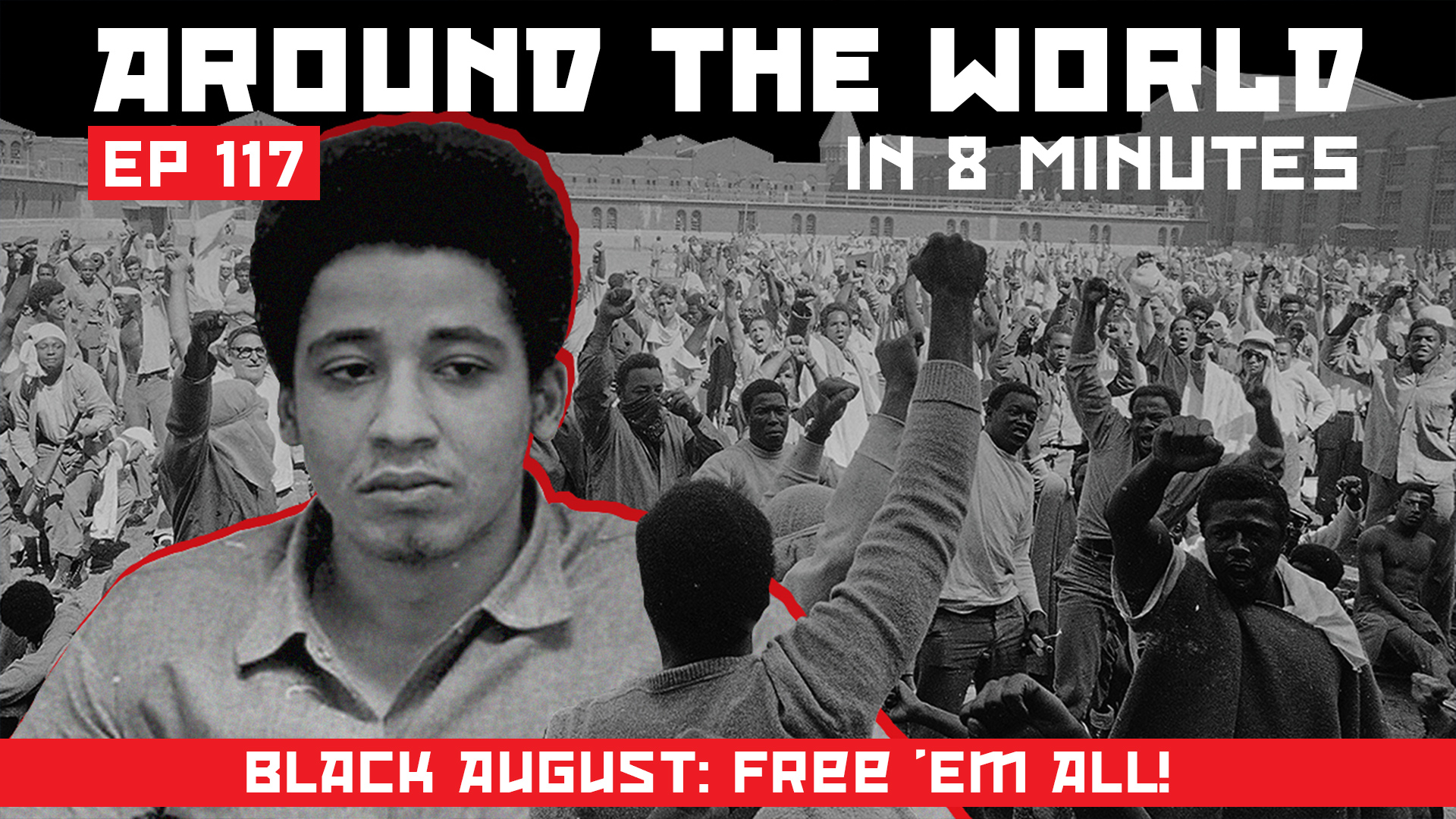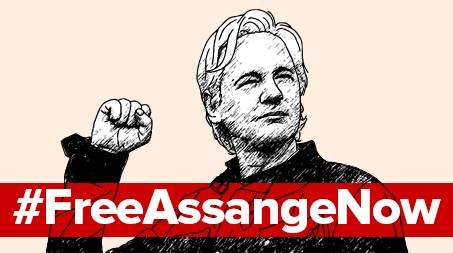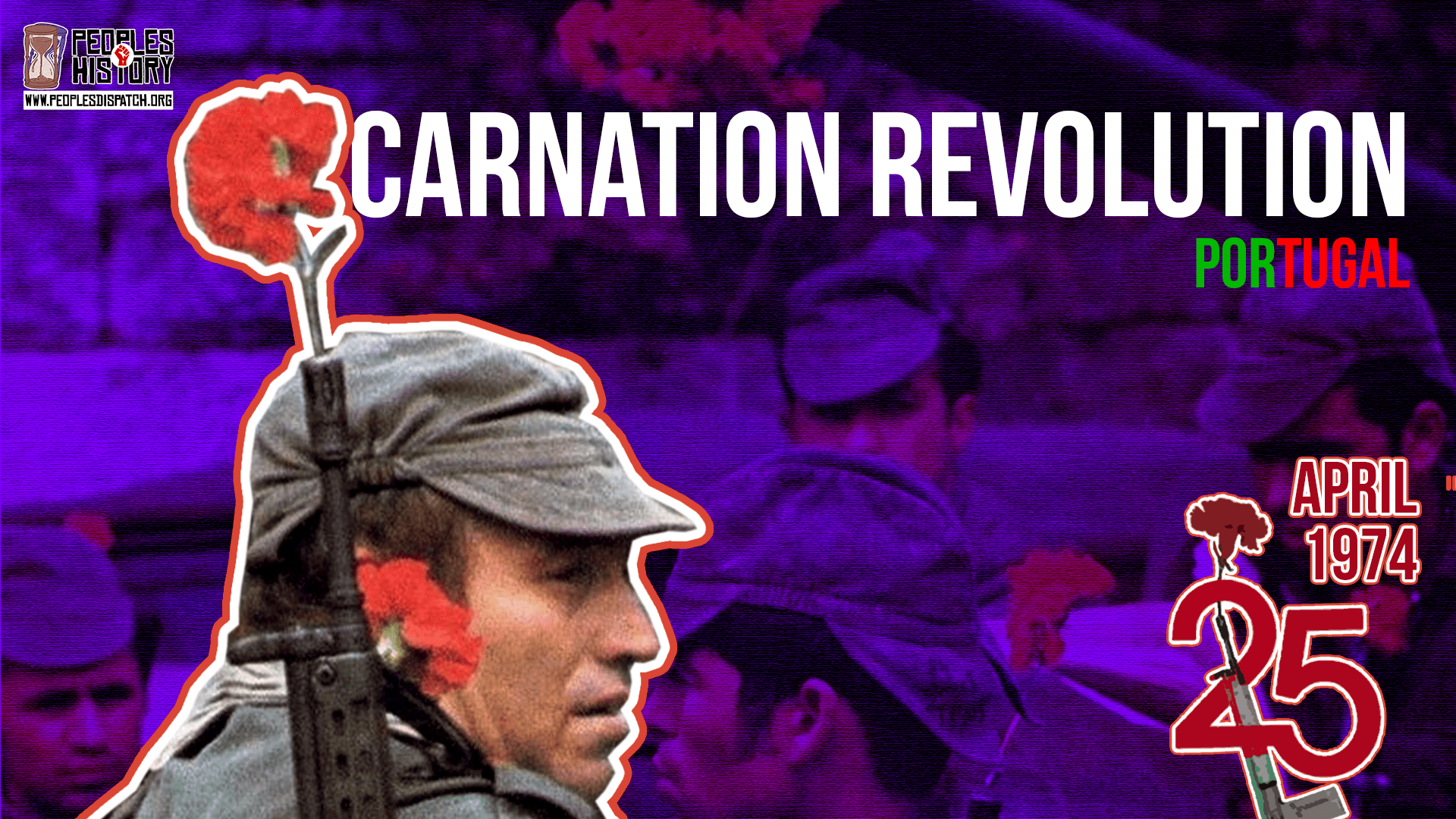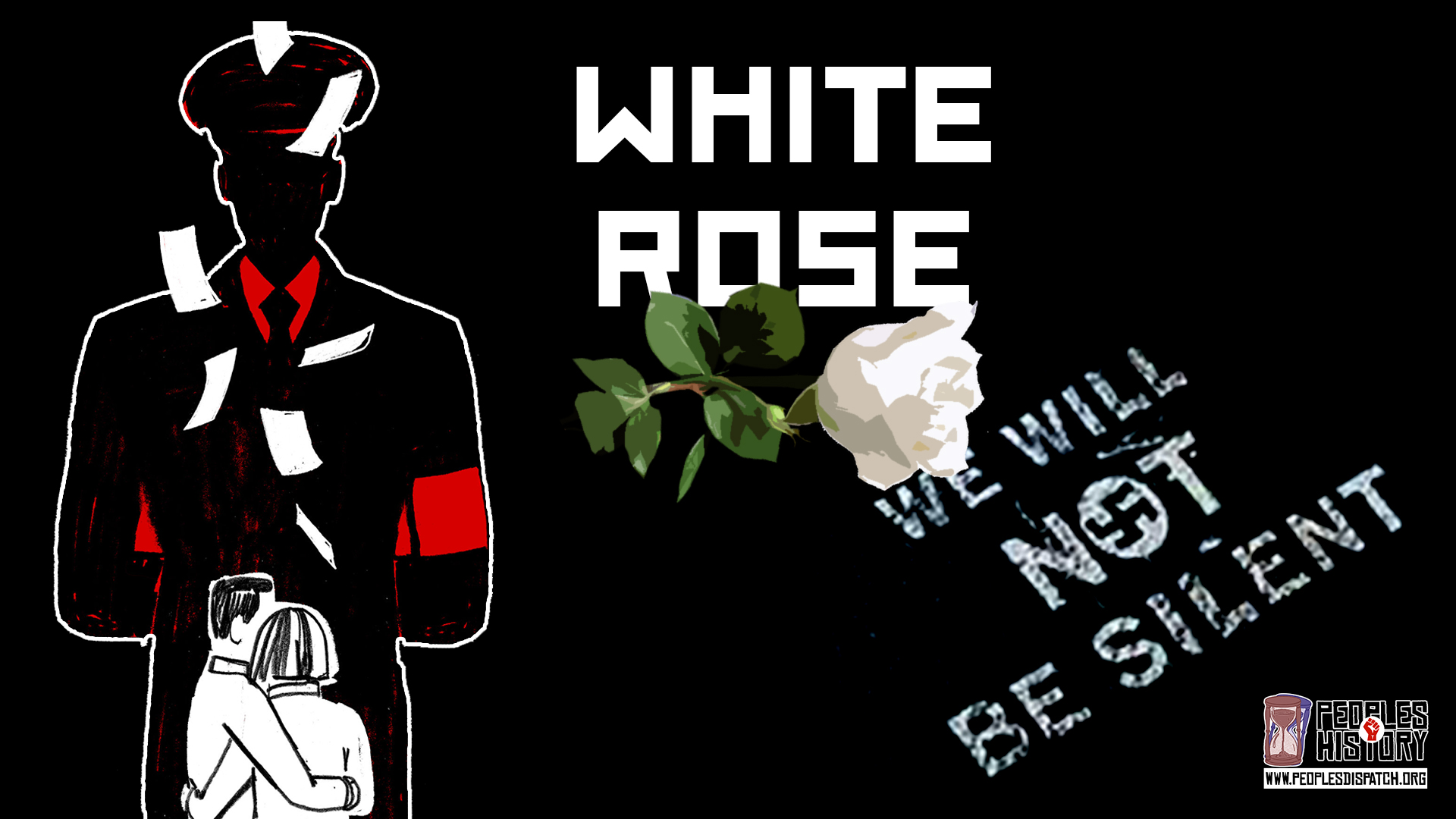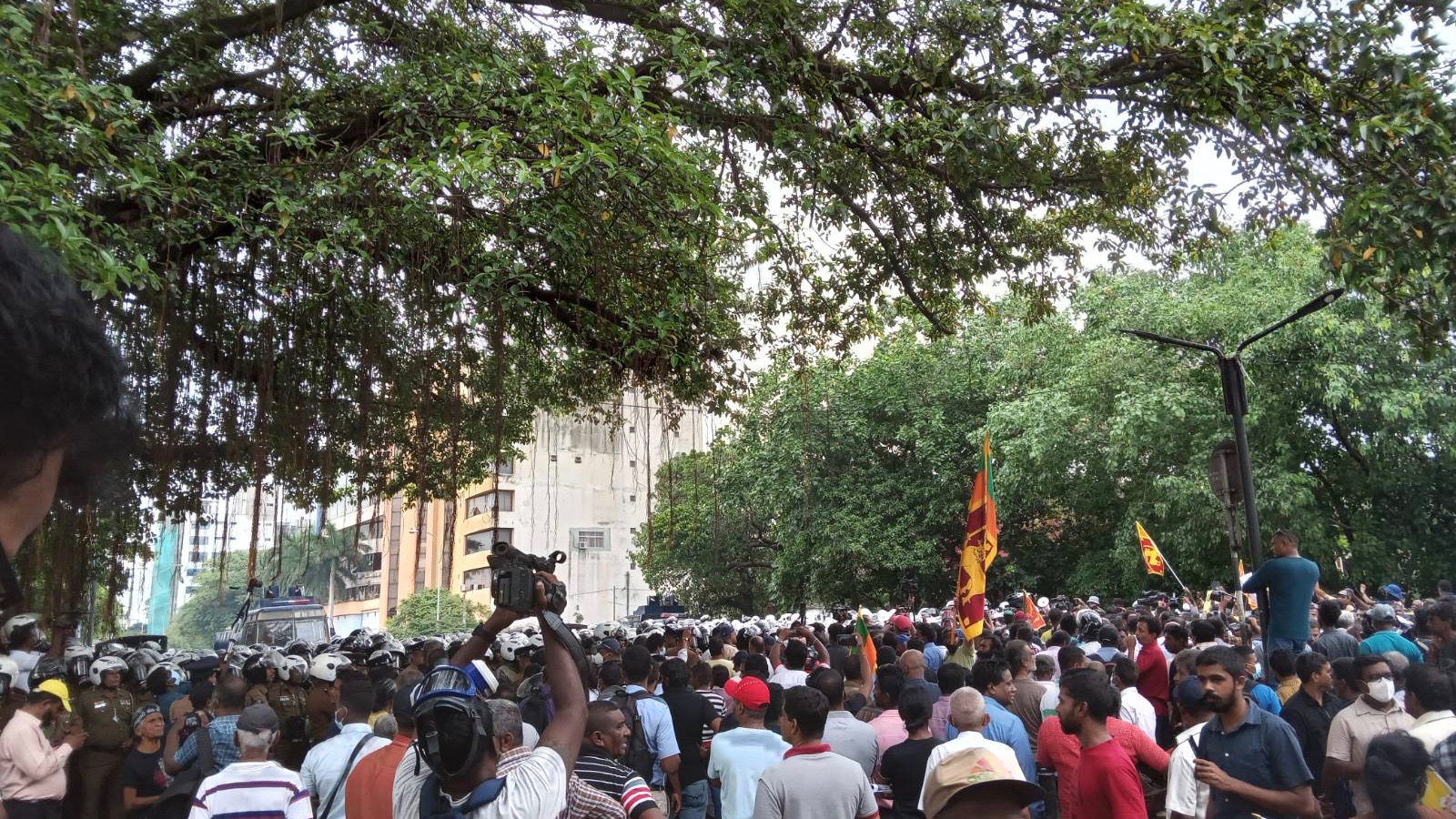 Sri Lankan protesters take to the streets against government
Sri Lankan protesters take to the streets against government
Protestors marched the streets of the Sri Lankan capital raising concerns about the increased repression of dissenting voices under the current regime led by Ranil Wickremesinghe, which came to power in July this year following a wave of mass anti-government protests
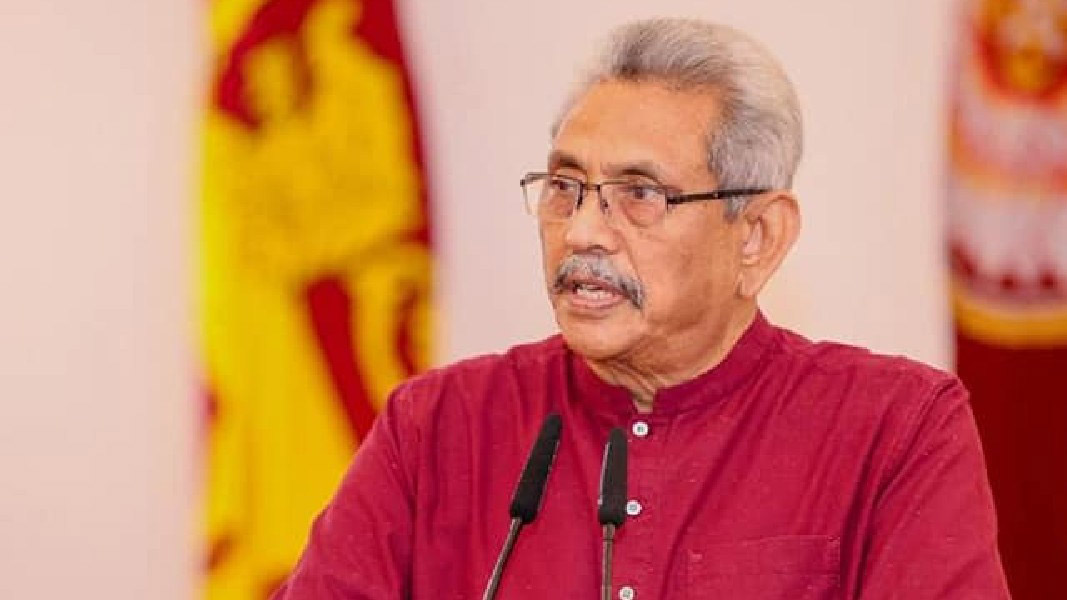 Race for Sri Lankan presidency begins as Gotabaya Rajapaksa steps down
Race for Sri Lankan presidency begins as Gotabaya Rajapaksa steps down
The resignation comes after Rajapaksa, who came to power with an unprecedented 6.9 million votes, fled the country on July 13 following massive protests
 Sri Lankan president Gotabaya Rajapaksa’s resignation to be officially announced tomorrow
Sri Lankan president Gotabaya Rajapaksa’s resignation to be officially announced tomorrow
On Thursday, July 14, the speaker of the Sri Lankan parliament said that the resignation of President Mahinda Rajapaksa would be officially announced once legal formalities are concluded
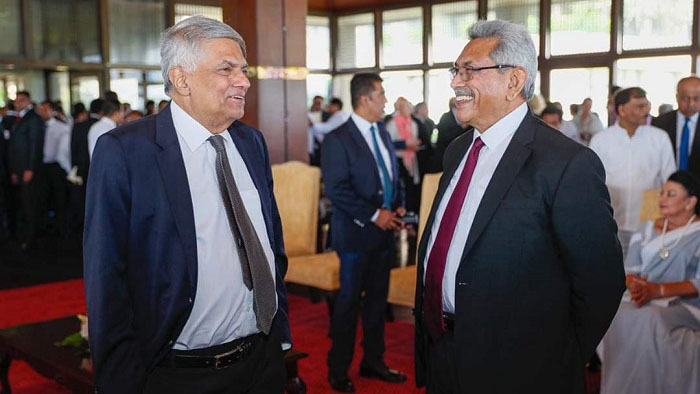 Uncertainty prevails in Sri Lanka as protesters wait for president, PM to quit
Uncertainty prevails in Sri Lanka as protesters wait for president, PM to quit
President Gotabaya Rajapaksa has said he will quit on July 13 and prime minister and his cabinet have also announced their resignations. In the event of these resignations, the parliament speaker will become the interim president
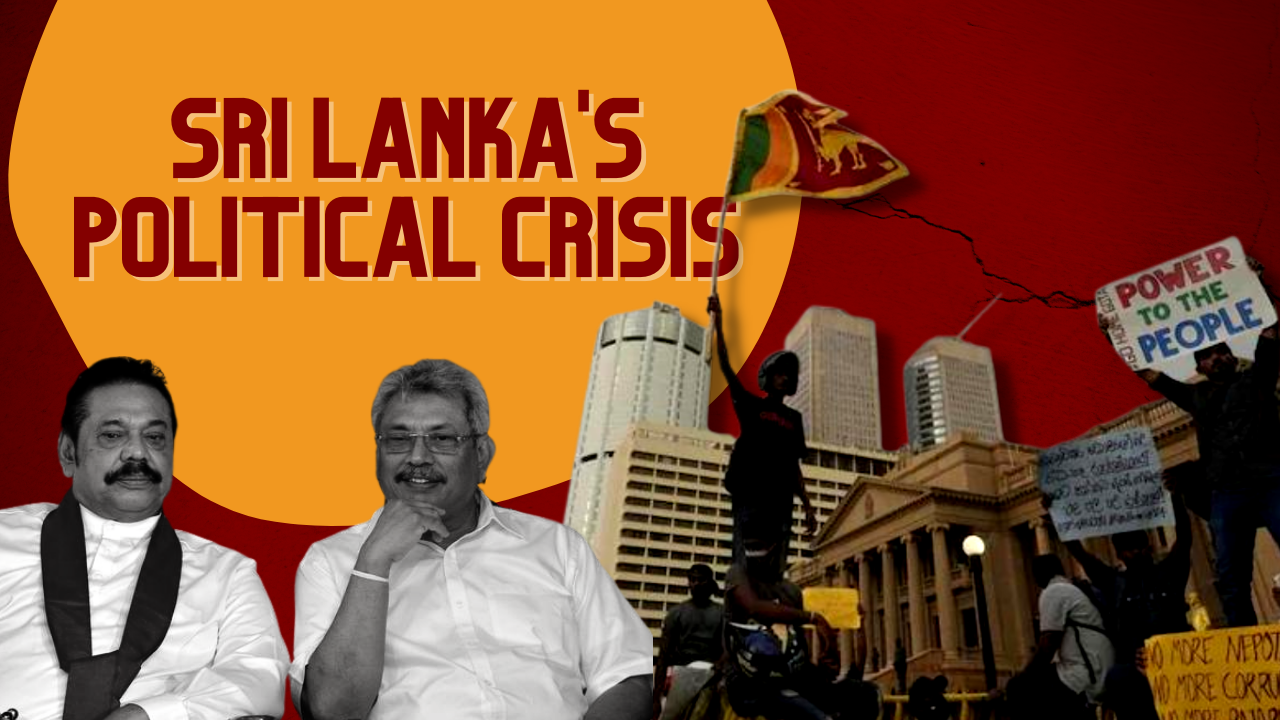 How has Sri Lanka’s political landscape transformed over the past months?
How has Sri Lanka’s political landscape transformed over the past months?
Ahilan Kadirgamar, senior lecturer at the University of Jaffna, analyzes the recent political developments in Sri Lanka after the fall of the powerful Mahinda Rajapaksa
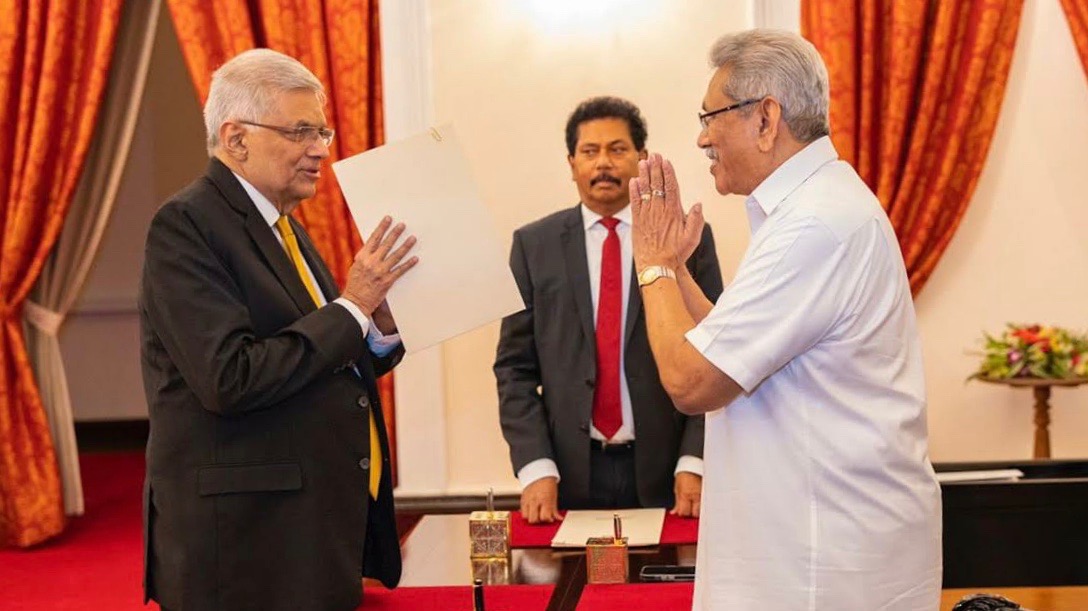 Five-time Sri Lankan PM takes over for a sixth term amid political crisis
Five-time Sri Lankan PM takes over for a sixth term amid political crisis
Wickremesinghe, who is the leader of the United National Party (UNP), has already served four terms as prime minister earlier. He was appointed by incumbent President Gotabaya Rajapaksa on May 12 after days of hectic political drama and deadly clashes that hit the streets with the President’s brother and former PM stepping down earlier this week
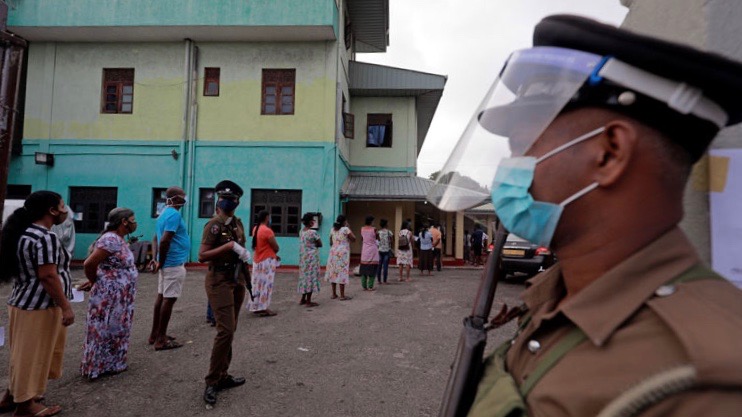 It’s advantage Rajapaksa brothers as counting begins in Sri Lanka parliamentary polls
It’s advantage Rajapaksa brothers as counting begins in Sri Lanka parliamentary polls
President Gotabaya Rajapaksa’s older brother, 74-year-old Mahinda Rajapaksa is predicted to lead his party, Sri Lanka Podujana Peramuna (SLPP), to victory in the elections. The results will be announced late on Thursday


